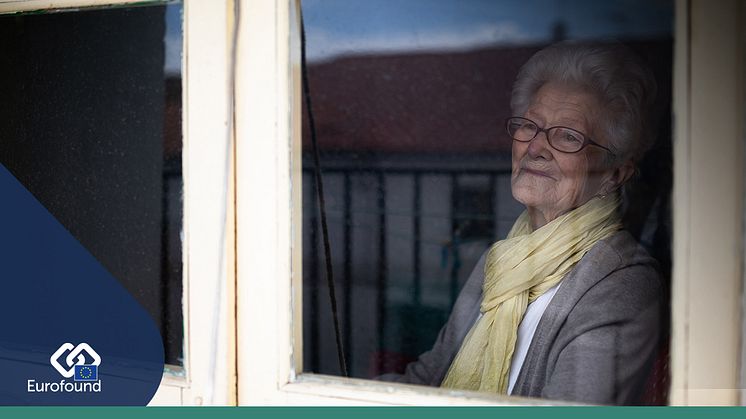
News -
COVID-19 threatens two decades of progress in working conditions across the EU
Europe saw two decades of improvement in working conditions in a multitude of areas – most notably working time quality, skills and autonomy, career prospects across occupations, and the physical environment of European workplaces – prior to COVID-19. However, progress in a number of areas, such as gender pay gaps, gender segregation in labour markets, psychosocial risks, and work intensity, were fragile and advancements over 20 years now risk being diluted in less than 20 months, with women particularly adversely effected. This is according to Eurofound’s new flagship report on Working conditions and sustainable work.
The report and accompanying online resources map the progress achieved since 2000 in improving working conditions, and examines whether all workers have benefited equally from positive change. It also looks to the future, outlining how progress in working conditions can be protected, and the employment impacts of COVID-19 mitigated. The analysis shows that, prior to the COVID-19 pandemic, overall job quality in the EU was improving, if slowly. However, not all workers were benefiting to the same extent, and the labour market and workplace implications of COVID-19 have exacerbated these trends, particularly impacting those that were already among the most disadvantaged in a number of areas.
Looking at the longer-term perspective, the report highlights that, on average, workers in the EU enjoy better working conditions today than at the beginning of the millennium. Working time quality has notably improved, and the physical environment is better, especially where it counts most: in occupations with high exposure to physical risks. Europe’s labour market is also becoming higher-skilled with jobs today requiring more skills and offering more autonomy than in the past.
The principle concerns highlighted by the research are related to the unequal distribution of improvements in working life. While career prospects have generally improved for both men and women, for example, men have maintained their comparative advantage. The unequal sharing of care responsibilities, manifested in longer career breaks and different working time arrangements for women, are the likely cause of this, and recent evidence shows that the COVID-19 pandemic is reinforcing these work-life pressures.
COVID-19 has also exacerbated imbalances, both in the labour market and within different sectors. Higher levels of autonomy experienced due to remote working could rapidly turn from an asset into a liability if the risk of blurred boundaries between work and non-work life is not addressed. A high level of flexibility in the time and place of work, combined with high levels of demands, increases work intensity – this has particularly been shown to be the case for women and those with more care responsibilities. The report also emphasises that the health sector had the highest work intensity among all sectors in 2015, and the health implications of the pandemic are likely to be stretching workers in the sector to beyond breaking point.
Speaking on the publication of the report, Barbara Gerstenberger, Head of Unit for Working Life, said: ‘This flagship report maps two decades of change in working conditions in Europe, showing both what has been gained and what we have to lose in our new reality. It is imperative that policymakers take relevant actions at all levels, based upon the principles of the European Pillar of Social Rights, to ensure that large swathes of the work force are not further disadvantaged due to this pandemic.’
Download the report:
More information:
- Topic page: Working conditions and sustainable work
- Video: Interview with Barbara Gerstenberger, Head of Unit, Working conditions and sustainable work




